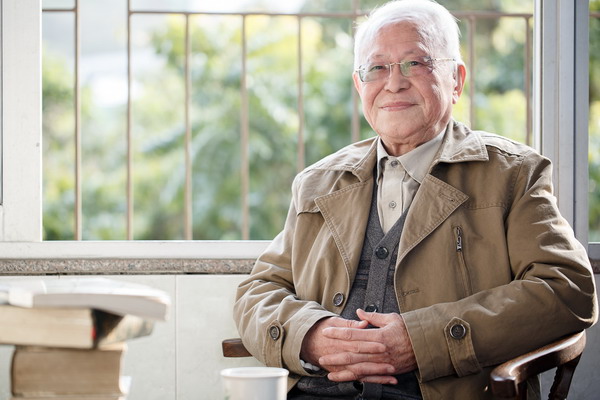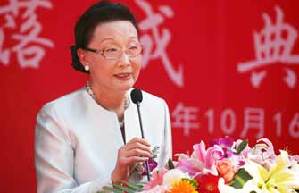Pashto express
|
After 35 years of toil, 78-year-old Che Hongcai will finally have the chance to see his magnum opus, the Pashto-Chinese dictionary, published at the end of this year. Provided to China Daily |
Che Hongcai thought he'd crank out a dictionary for Chinese students of one of the Afghan languages in about two years, but it turned into the job of a lifetime. Sun Li and Hu Meidong catch up with the linguist 35 years later.
Though his face gradually turns glistening red and his voice cracks with emotion, it seems Che Hongcai won't stop talking unless someone reminds him to take a drink of water. Such eloquence amuses Che's wife, Xue Ping, who describes her husband as a "taciturn" man and jokes it was like Che was letting out what he kept inside for years all in the one conversation.
The subject that's making Che so talkative and passionate is the Pashto-Chinese dictionary, a laborious quest that has taken up about half of Che's life, even though the publisher didn't remember commissioning it. Pashto is one of the official languages of Afghanistan.
After 35 years of toil, the 78-year-old linguist will finally have the chance to see his magnum opus, the 50,000-odd-entry, 2.5-million-word dictionary published at the end of this year.
As one of the first batches of students sent by the Chinese government to learn Pashto at Kabul University in the 1960s, Che was contacted by the Commercial Press in 1978 and entrusted with compiling the dictionary.
Then a foreign-language teacher at Beijing-based Communication University of China, Che felt it was "a glorious national mission". The Pashto-Chinese project was one of 160 language dictionaries ordered by the State Council in 1975.
"This is what I studied hard abroad for. I received the task without any hesitation," Che recalls.

























